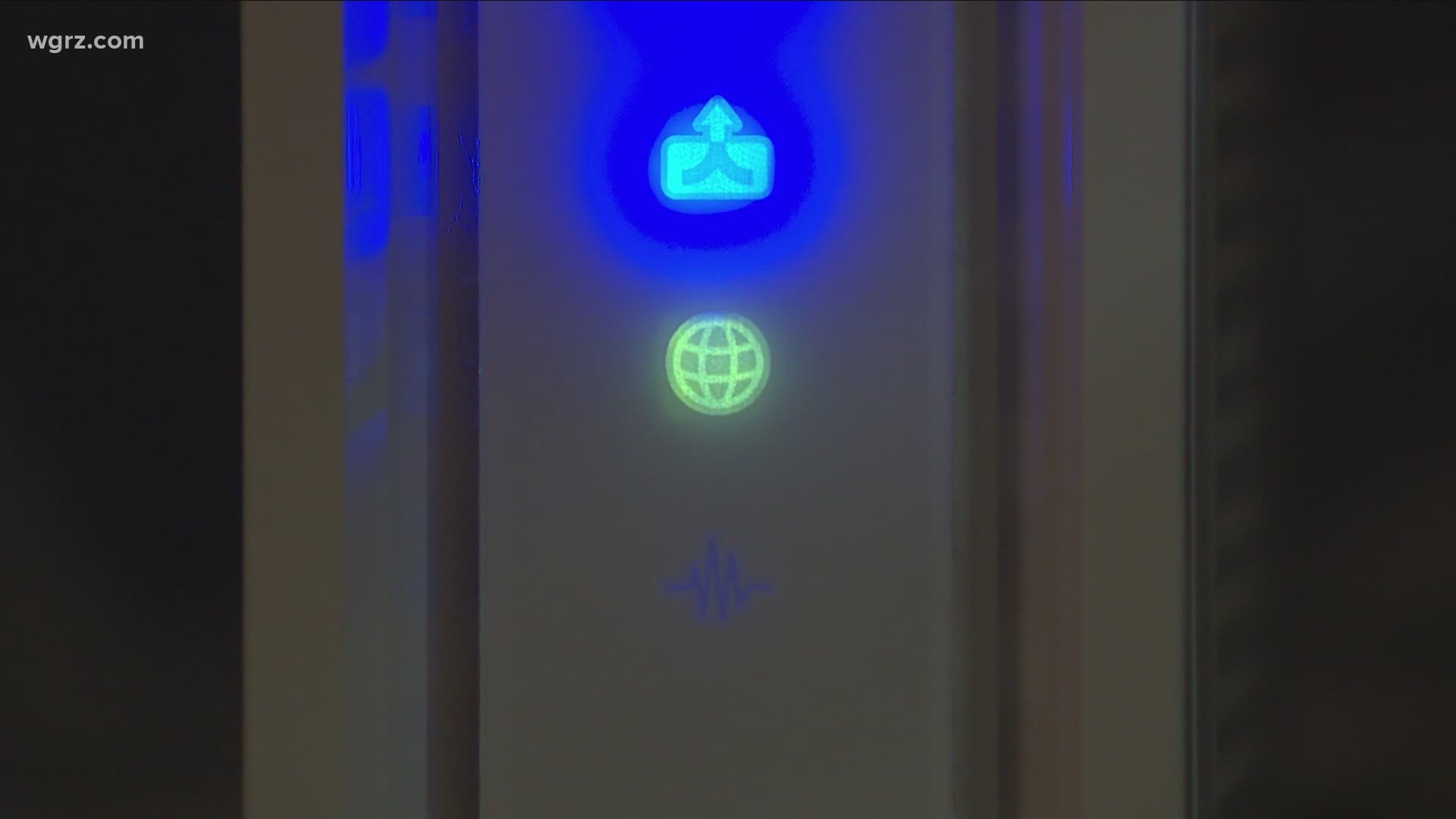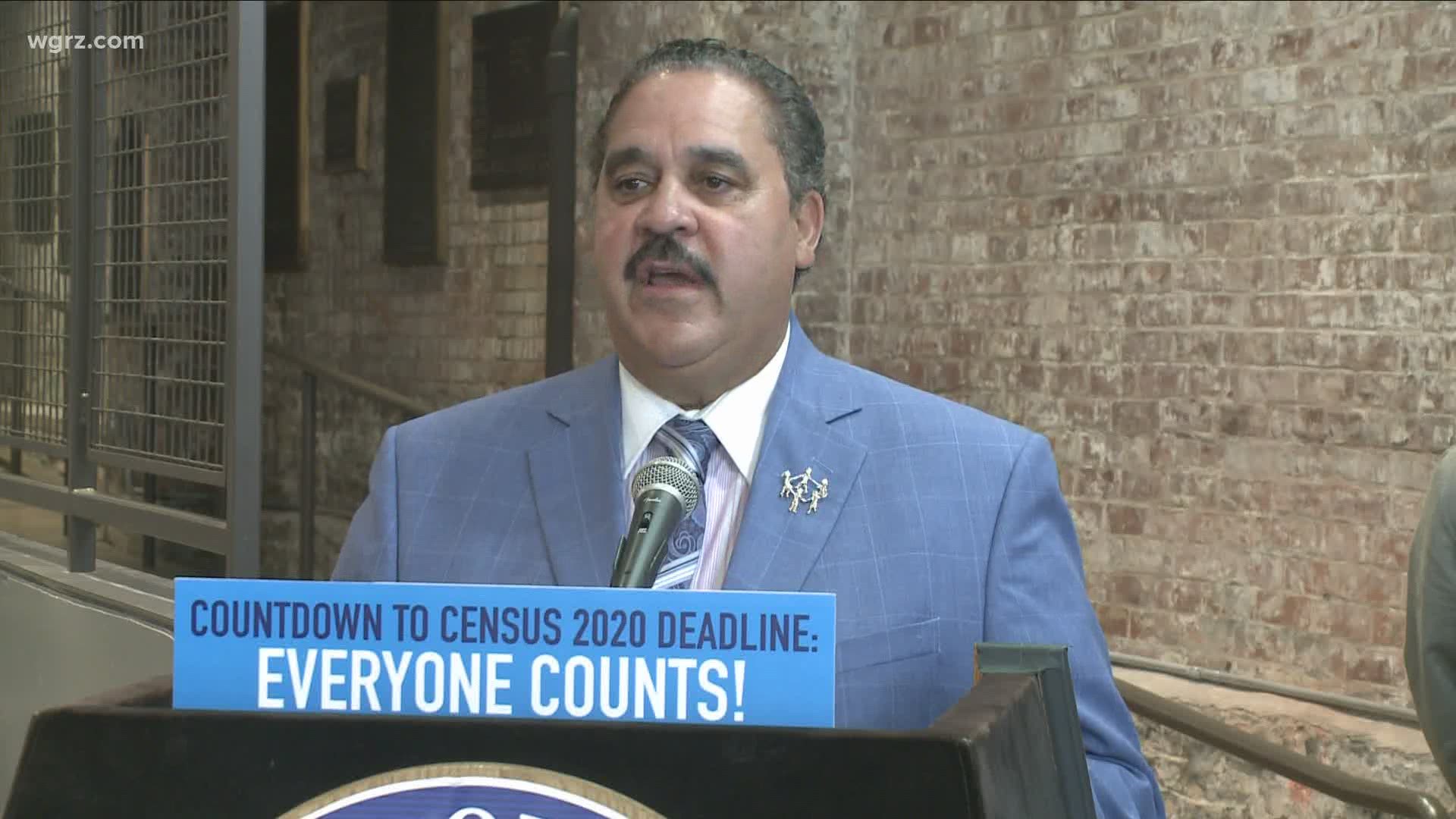BUFFALO, N.Y. — Exactly a month since the start of the 2020 school year, the Buffalo Public School Board on Wednesday night reviewed the good and bad about its remote learning plan.
The board members discussed everything from curriculum changes to professional development, as well as how education after the COVID-19 pandemic will change.
For starters, even when kids return to brick and mortar schools, Superintendent Dr. Kriner Cash said online learning is likely here to stay.
"The goal was always to get better in the [online] modality," Dr. Cash said.
The board members said the flexibility that online learning has provided is a benefit to the district. Professional development was also called a success.
Dr. Cash cited improved bonds between teachers and building principals, who through pandemic planning have been forced to work more closely, with positive results.
Chief Academic Officer Anne Botticelli added that many necessary changes made to the BPS curriculum could also stick around.
With improved access to technology, snow days could be a thing of the past.
"We don't want to prioritize academics only because we [now] recognize without supporting the students' emotional growth and their awareness of the world around them, they won't be able to focus on academics," Botticelli said.
While the pandemic has created greater technology equity and access for all students, Dr. Cash added this is one area where more work can still be done.
The district said that some Pre-K through first-grade students still don't have devices like laptops or tablets and likely won't until sometime in October. An exact date was not discussed during Wednesday's meeting.
Back in September, the district blamed a reduced national supply of devices because of high demand that delayed the BPS device rollout, but as of Wednesday night, they said that 96% trending towards 97% of students are now connected.
Despite the push to get kids back in the classroom, Dr. Cash said right now he isn't convinced shifting to a hybrid model is the answer.
"While it sounds easy, the practical application of a hybrid in my mind has not been well researched and I'm not convinced it's good educational practice and I'm even less convinced that it's good for parents."
When appropriate, Dr. Cash recommended that high need students be phased back into the classroom first, and then after the first semester, bring in additional students.


